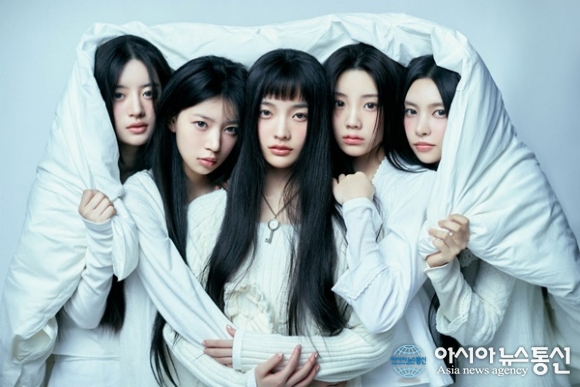 |
| Photo By: Wenphotos / Pixabay |
That seems to be especially true for horses at the highest level of competition, said Gabriel Rovere, PhD, of the Animal Breeding and Genomic Centre at Wageningen University in Wageningen, The Netherlands, and the Aarhus University Centre for Quantitative Genetics and Genomics Department of Molecular Biology and Genetics, in Tjele, Denmark.
Few studies have analyzed the genetic correlation between dressage and show jumping with a significant amount of competition data, said Rovere. “In general, low genetic correlations between both disciplines have been reported,” he said. “But in studbooks that specialized the horses in either one discipline or the other, the higher the level of competition, the closer to zero the genetic correlation.In some cases, it was even unfavorable.”
Rovere and his fellow researchers analyzed the performance data for more than 100,000 horses competing in show jumping, dressage, or both, between 1992 and 2013.
Overall, they found that the lifetime points horses in dressage or show jumping earned from competition were not genetically correlated.In other words, families that produce the best dressage horses are not necessarily the same as those that produce the best show jumpers.When the researchers looked at horses competing in a single discipline (either dressage or jumping, but not both), they found an estimated genetic correlation of 0.03 –“essentially zero,” said Rovere.
In recent years, sport horse training and breeding has become more specific for each discipline, he said.Consequently, fewer stallions have offspring that perform in both dressage and show jumping. “And this tendency is confirmed with the results obtained in this research,” he said, “as specialization in dressage or show jumping will conduct to a faster genetic improvement.”
While this might sound like unwanted news for the owner hoping for an “all-around” horse, Rovere stressed that there’s room for all kinds of horses, depending on the rider’s goals.
Take eventing horses for example. “They are not looking for a specialist in a single discipline,” he said. “With some horses performing better in dressage than jumping or jumping than dressage, lower scores in one discipline can be balanced out by higher scores in another—which isn’t possible when competing in a discipline like dressage or jumping.
“I think that there is a lot of space for multipurpose horses,” he continued. “If the breeding goal is to have horses that perform well in more than one discipline, it is possible to set the breeding program to achieve this goal.With a selection index that combines different traits (or disciplines), we can expect an improvement in global performance—but, in that case, it would not be reasonable to expect to have the highest performance in any single discipline.”
He said future research on the topic could include analyzing the significance of the interaction between a horse’s competition level and genetics and studying genetic parameters that might lead to a good “all-around” horse for riders that aren’t aiming for international events. “In other words, are there families that perform well in both disciplines at recreational (i.e., nonprofessional) levels of competition?” he said.
Having a scientific basis for breeding can allow breeders to make more informed selection decisions as horse breeding and equestrian sports evolve, Rovere said. “I think that horse breeders are still in transition between subjective selection—like in the old days when genetics programs were based solely on breeders’ experience (or ‘good eye’)—to modern genetic programs, where breeders’ experience is built on objective information provided by well-structured genetic evaluations,” he said.
“Well-structured genetic evaluations need to have good recording systems,” he added. “Unlike other livestock species, horses represent smaller populations, so to make breeding effective, more collaboration among breeders and between studbooks might strengthen and enrich the genetic evaluation systems and facilitate the incorporation of new technologies, like the use of genomic information.”














